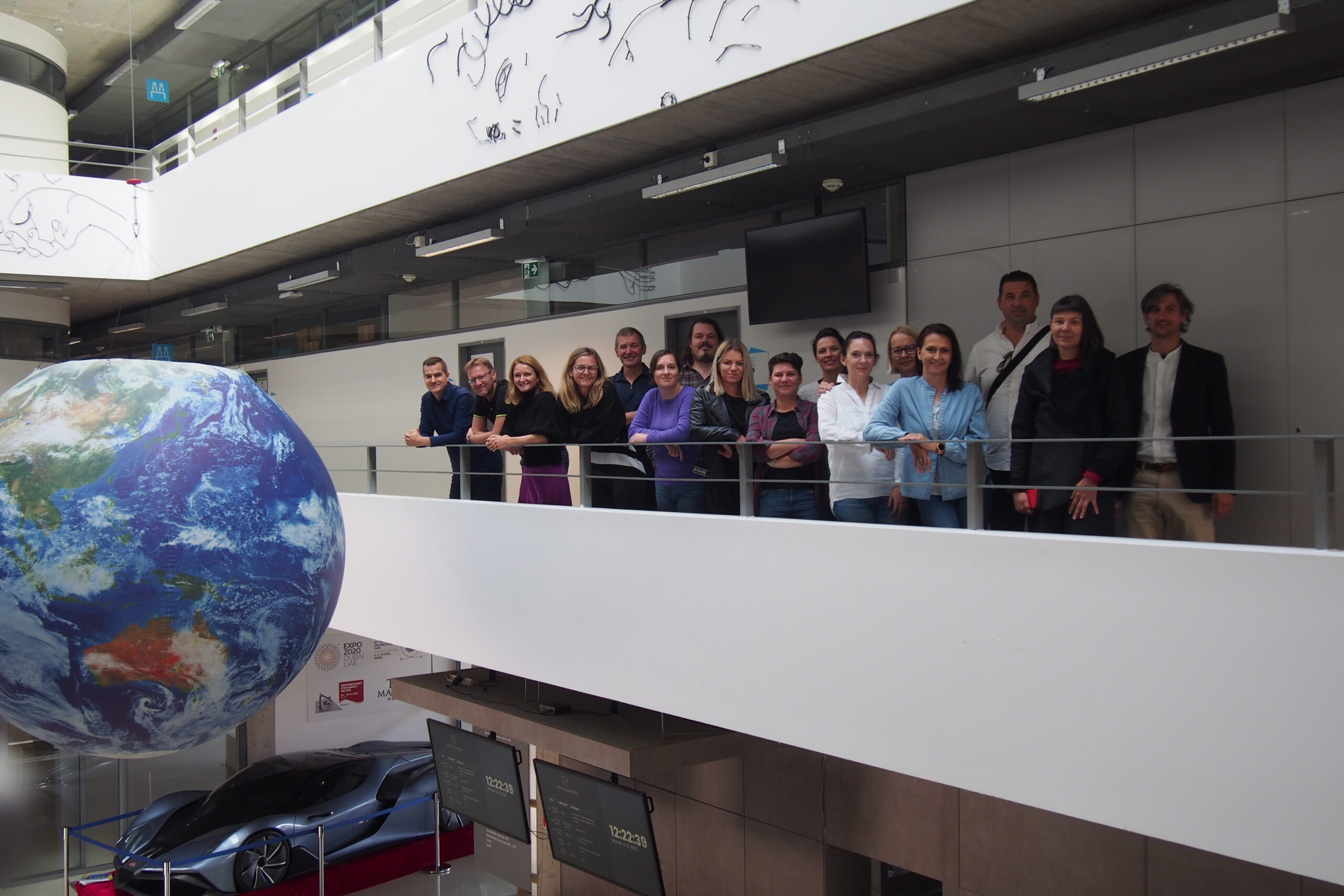Community resilience to climate change refers to a community’s ability to adapt, withstand, and recover from the adverse effects of climate change and, importantly, adapt or change their systems to minimise these adverse effects. This involves strategies, policies, and actions to be taken at the local level to reduce vulnerability, enhance the ability to cope with and bounce back from climate-related disturbances and phase these disturbances out by changing the socioeconomic systems that are creating them.
There are several reasons why community resilience to climate change is so important:
- Protecting Lives and Property: Community resilience measures, such as robust disaster preparedness and effective response plans, are essential in safeguarding our lives. Timely and coordinated responses can minimise casualties and property damage during climate-related disasters.
- Economic Stability: Resilient communities are better equipped to maintain economic stability in the face of climate challenges. By investing in climate-resilient infrastructure, climate change mitigation efforts, job creation, and sustainable practices, communities can mitigate the economic shocks associated with climate change.
- Preserving Ecosystems: Climate-resilient communities often prioritise protecting and restoring local ecosystems. This enhances natural systems’ capacity to mitigate climate impacts, such as flooding and erosion.
- Ensuring Food and Water Security: Climate change can disrupt food and water supplies. Strategies like sustainable agriculture, water conservation, and diversified food sources help ensure access to essential resources even during extreme weather events.
- Social Cohesion: Building community resilience strengthens community bonds. Collaboration is key for effective response to disasters on one hand, and crucial for the scale of climate action that is needed to maintain a liveable climate. It is also a core ingredient of a thriving community.
- Adaptation to Uncertainty: Climate change brings uncertainty. Resilience planning enables communities to stay flexible and responsive in a changing climate.
The MISSION CE CLIMATE project
Recent discussions at our vibrant in-person meeting in Košice, SK, illuminated the path forward.
This path is not just about weathering the storm but thriving in a changing climate.
By putting resilience building at the heart of our mission, dedicating our strengths and efforts to shaping a thriving future and bridging the knowledge gaps, MISSION CE CLIMATE, a collaborative endeavour of dedicated partners, is stepping up to the challenge.
